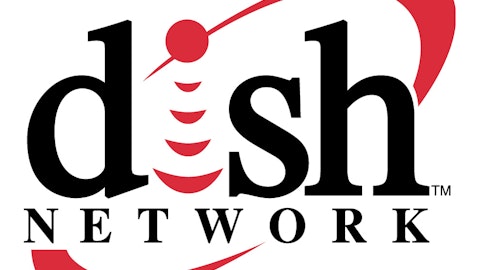
Though this is very exciting for consumers and employees in the entertainment industry, this is not good news for investors. This is a source of uncertainty and not assurance that investments will earn returns in the future. Investors should demand cheap valuations on stock in order to brave the risks of a changing industry.
Streaming & TV results
Many firms are doing quite well. Lions Gate Entertainment Corp. (USA) (NYSE:LGF) reported its quarterly profit above the analysts’ estimates on sales of tickets for Twilight and enhanced international results. The company’s net income for the fiscal third quarter ending in December 2012 was $37.8 million or 27 cents per share as compared to loss of $1.4 million or 1 cent per year, a year earlier. The company’s sales increased more than double to $743.6 million, above the analyst’s estimates of $719.5 million. The profit was also above the 24 cent average compiled by nine analysts from Bloomberg. The company said that the results were positive due to increased home-video sales of The Hunger Games and better terms offered by distributors who acquired the rights to release Twilight outside Canada and the United States.
The results focused on the advantages of the company’s 2012 acquisition of Summit Entertainment which provided the company access to the Twilight series and Sinister. According to researcher Box Office Mojo, $828.3 million was generated worldwide through ticket sales of “The Twilight Saga: Breaking Dawn – Part 2.” The film would be released on home video comprising of on-demand television and DVD. During the quarter, Summit’s “Sinister” was one of the box-office winners which made for $3 million. According to Box Office Mojo, it generated $77.7 million worldwide. The company acquired Summit for $412.5 million; some part of it was financed with the target company’s cash plus assumed debt. The two top executives of Summit, Rob Friedman and Patrick Wachsberger, were appointed to lead the company’s film division.
According to Jon Feltheimer, the Chief Executive Officer of the company, the acquisition of Summit increased the company’s profit margins more than the expected. He also said that the company will utilize its free cash flow for continuous de-levering. Lions Gate Entertainment Corp. (USA) (NYSE:LGF) is looking for promotional partners for Divergent which would commence filming in April. He said, “We’ll be rolling out a series of announcements in the coming months.”
Other firms are disappointing analysts. Coinstar, Inc. (NASDAQ:CSTR) forecasted its current-quarter results below its analysts’ estimates due to a slower movie release schedule. During the first quarter of 2013, the company expects earnings from continuing operations of 77-92 cents per share on revenue of $568-$593 million. According to Reuters, the analysts expect earnings of $1.21 per share on revenue of $624.2 million.
According to Scott Di Valerio, the Chief Financial Officer of Coinstar, who would become the Chief Executive Officer of the company on March 31, it would be difficult for current-quarter results to stack up against the amazing previous year’s first quarter results. He said, “We had two-thirds of our new unique customers show up in first quarter 2012. One of the challenges we are facing as we move into the quarter is content.” In January 2013, only 12 movies were released with a total box office receipts of $922 million as compared to 23 movies which were released in January 2012 with total receipts of $1.4 billion.
DISH Network Corp. (NASDAQ:DISH) also disappointed analysts. It reported fourth quarter profit below the analysts estimate as the cost of customers acquisition increased. The company’s net income decreased to $209 million from $313 million as compared to previous year. According to the data collected by Bloomberg, the average analyst estimate was $240.4 million. Sales decreased by 1.1% to $3.59 billion, above the $3.56 billion average analyst estimate.
Streaming First-Run Content




